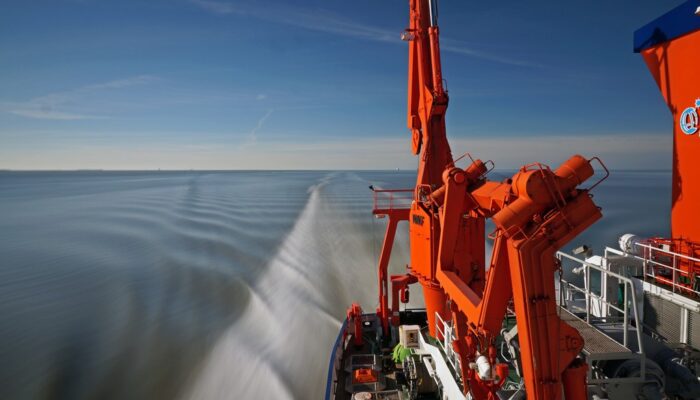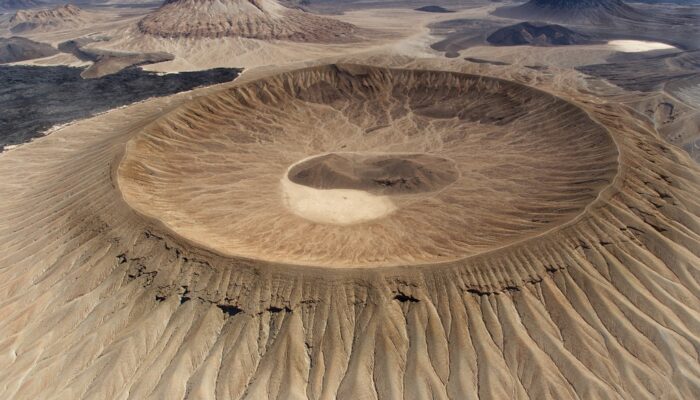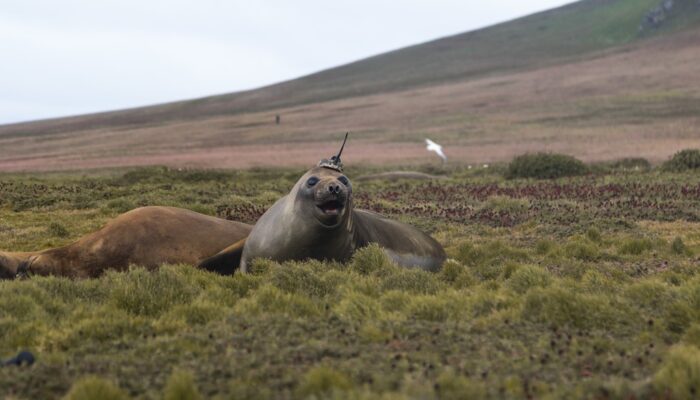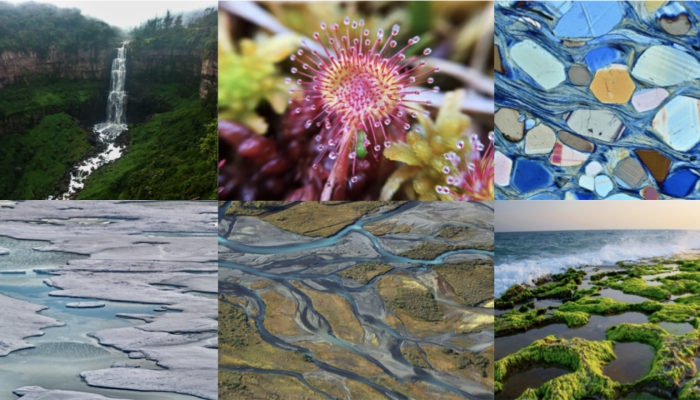The picture was taken during the 2015 research cruise HE441 in the southern German Bight, North Sea. It features the research vessel Heincke, on a remarkably calm and warm spring day, forming a seemingly steady wake. The roughly 55 metre long FS Heincke, owned by the German federal government and operated by the Alfred Wegener Institute, provides a great platform for local studies of the North Sea ...[Read More]
Imaggeo on Mondays: The calm before the storm




